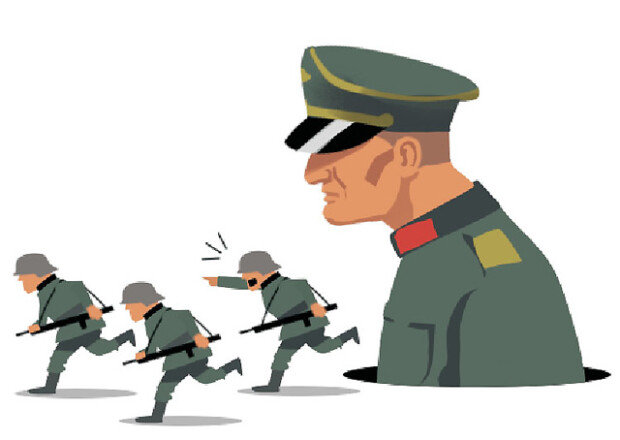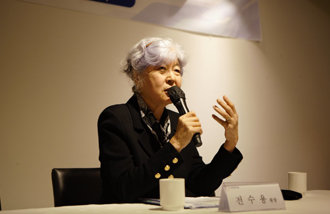Principle is not for compromise
Principle is not for compromise
Posted September. 17, 2019 07:25,
Updated September. 17, 2019 07:25

On May 10, 1940, Germany launched an offensive against France. German troops were not confident of winning at the time the war broke out, but France capitulated after one month and a half. It was actually all over but the shouting in 15 days. Germany’s Army Group A, which later became a legend of the 20th Century war history, implemented new blitzkrieg tactics, successfully cutting off the Allied forces. German commander Heinz Guderian of the XIX Army Corps came up with the blitzkrieg doctrine after the first World War. Tactic is not naturally born out of an idea. You need to repeatedly run experiments and training to apply the idea on the ground and overcome numerous hardships. Sometimes, it requires boldness to change the existing concept, philosophy, and even common sense.
Attempts to reform end in failure mostly because they cannot get passed this process. Guderian also had to go through countless hardships, one of which was a so-called mission-oriented tactics guideline. Blitzkrieg was not a method to be used for a warfare we often see in war films with giant tanks and an explosive roar. Instead, what was quick was their speed to respond to the circumstances whenever the tanks stopped. It was the mission-oriented tactic that allowed the troops to be this speedy.
A motto for the mission-oriented tactic was that superiors only suggest goals while subordinates are in charge of judging the state on the ground and coming up with resolutions. Germany followed this rule very strictly. One day, a lower division of the army misjudged the circumstances and stopped when they had to advance. Though extremely outraged, Guderian went out to a yard instead of yelling at the subordinates and order them to advance immediately. He then started to go around in the yard.
Even if it makes you look silly, an absolute principle should be followed without a single exception. Such an attitude completed the mission-oriented tactic and created the legend of blitzkrieg. The reason our society has observed a double standard is because we lack this attitude. We used to blame politicians in the past, but now it’s not even sure whom we can blame this for.
Eun-Taek Lee nabi@donga.com
Headline News
- US: Japan will double its defense budget, and so should S. Korea
- Trump's win could present opportunities for S. Korean defense firms
- ‘Don’t expand the war in Ukraine,’ Trump tells Putin
- Korean fencing men's sabre wins World Cup team event
- Yoon who should take the lead and reinvent for the second half of his term







